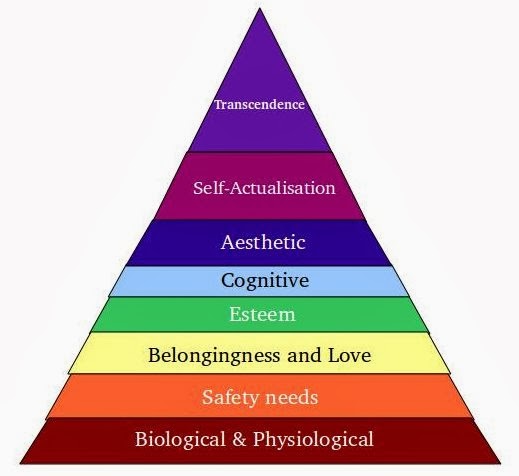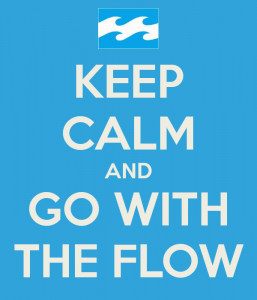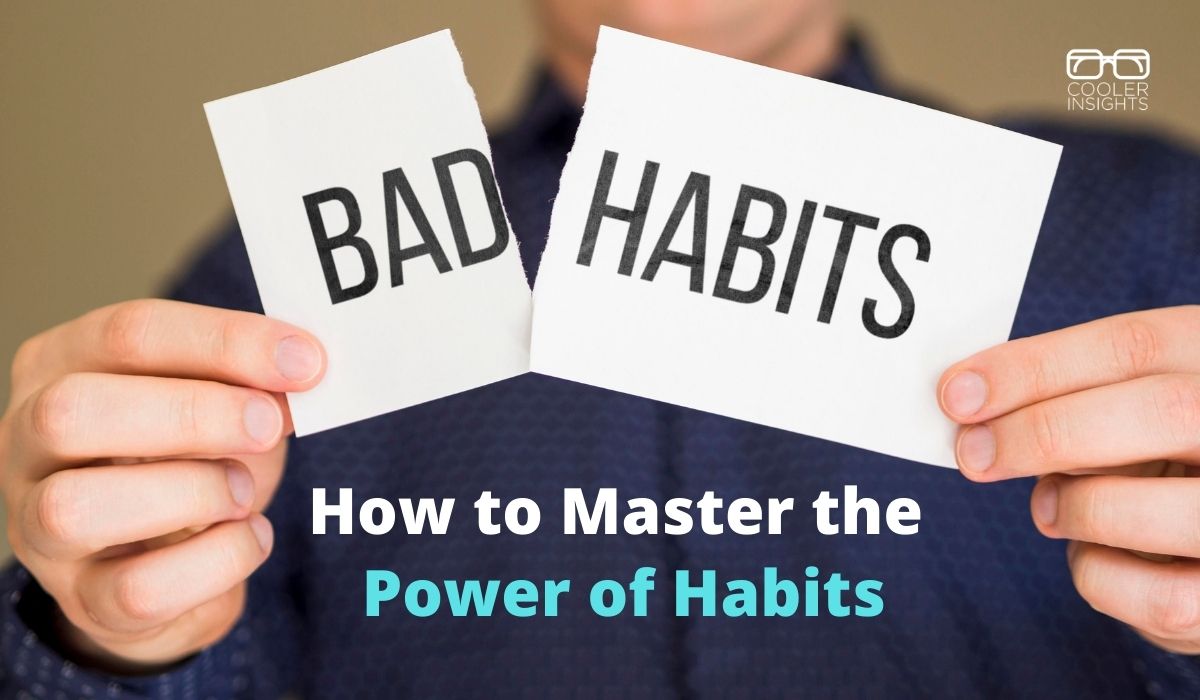
Hit a roadblock trying to change the minds of stubborn potential customers? Wish to employ the techniques of marketing psychology to unlock change?
Rather than push harder by stepping on the gas, consider “unlocking the parking brake” instead.

Hit a roadblock trying to change the minds of stubborn potential customers? Wish to employ the techniques of marketing psychology to unlock change?
Rather than push harder by stepping on the gas, consider “unlocking the parking brake” instead.
Hit the “buy button” in your consumer’s brain. That’s the goal of every consumer marketer – dead or alive.
However, it isn’t easy to know what goes on inside the brains of your target audiences. Until now…

Can marketing scale Maslow’s pyramid to achieve transcendence? (courtesy of Prakash Advani)
What is the real purpose of your product or your brand?
Does it meet a customer need? Solve their greatest problem? Eliminate a nagging pain? Or help them to be more productive?

Source of image
Catalysed by the ubiquitous social web, our lives are becoming inseparable from that of our networks. We are addicted to the constant online “strokes” delivered by our friends, and crave their likes, shares, comments and retweets.
Like it or loathe it, much of what happens in real life (IRL) is intimately intertwined to how we behave in the virtual world. And we’re lovin’ it.

Mockup psd created by freepik – www.freepik.com
Good or bad, habits are hard to break. Try refraining from showering for a week—or even a day—to see what I mean!
As the old song by Chicago goes, habits can be hard to break. Especially addictive ones like smoking, binge drinking, watching television (especially Netflix), scrolling through Facebook or Instagram (oops guilty!), or lazing on the couch.
Imagine that you are a smoker. You pick up a pack of cigarettes.
On the front of the pack are gory images – a hemorrhaged brain, blackened lungs, deformed baby, ugly cancerous growth – coupled with stern admonitions like “SMOKING KILLS”.
How would you react to these gruesome warnings?
Why does pain sometimes feel like pleasure? Why do we enjoy music and art even though there aren’t any adaptive advantages? When does “one man’s meat” become “another man’s poison”?
The answers to these human behavioural puzzles (and more) can be found in How Pleasure Works. Written by Yale’s evolutionary psychologist Paul Bloom, the book uncovers the “new science of why we like what we like”. By delving into the fields of anthropology, evolution, history, biology and psychology, the book investigates why we humans are so different compared to our fellow earthlings.
What are some of the big issues facing the consumer of tomorrow? How should retailers, lifestyle businesses and fashion brands equip themselves to reach these customers?
Speaking at the recent Asia Fashion Summit, Ruth Marshall-Johnson, Senior Editor of Think Tank at WGSN, highlighted that consumer businesses need to consider five key trends and suggested how these should be addressed as follows:

Wish to improve how you persuade your audiences to buy from you? Begin by diving deep into her brain.
Thanks to a podcast by Derek Halpern of Social Triggers blog, we can gain a fascinating glimpse into the world of neuroscience and its impact on marketing.

Can you compete with the above brands on scale, distribution and price? (image source)
In the world of consumer businesses, there are probably three main ways to differentiate yourself from the hoi polloi.
These form the basis of virtually all forms of competition in marketing.